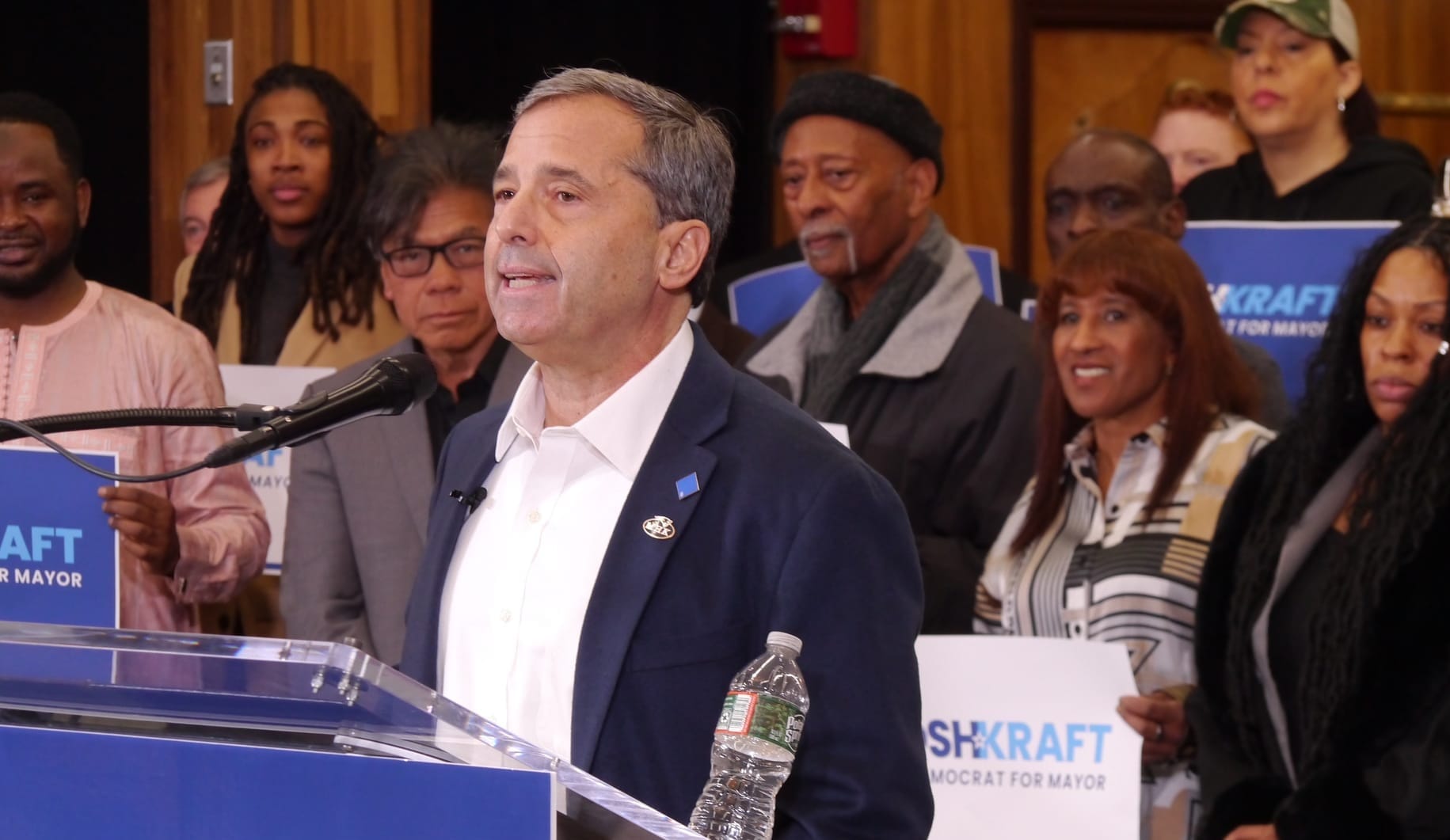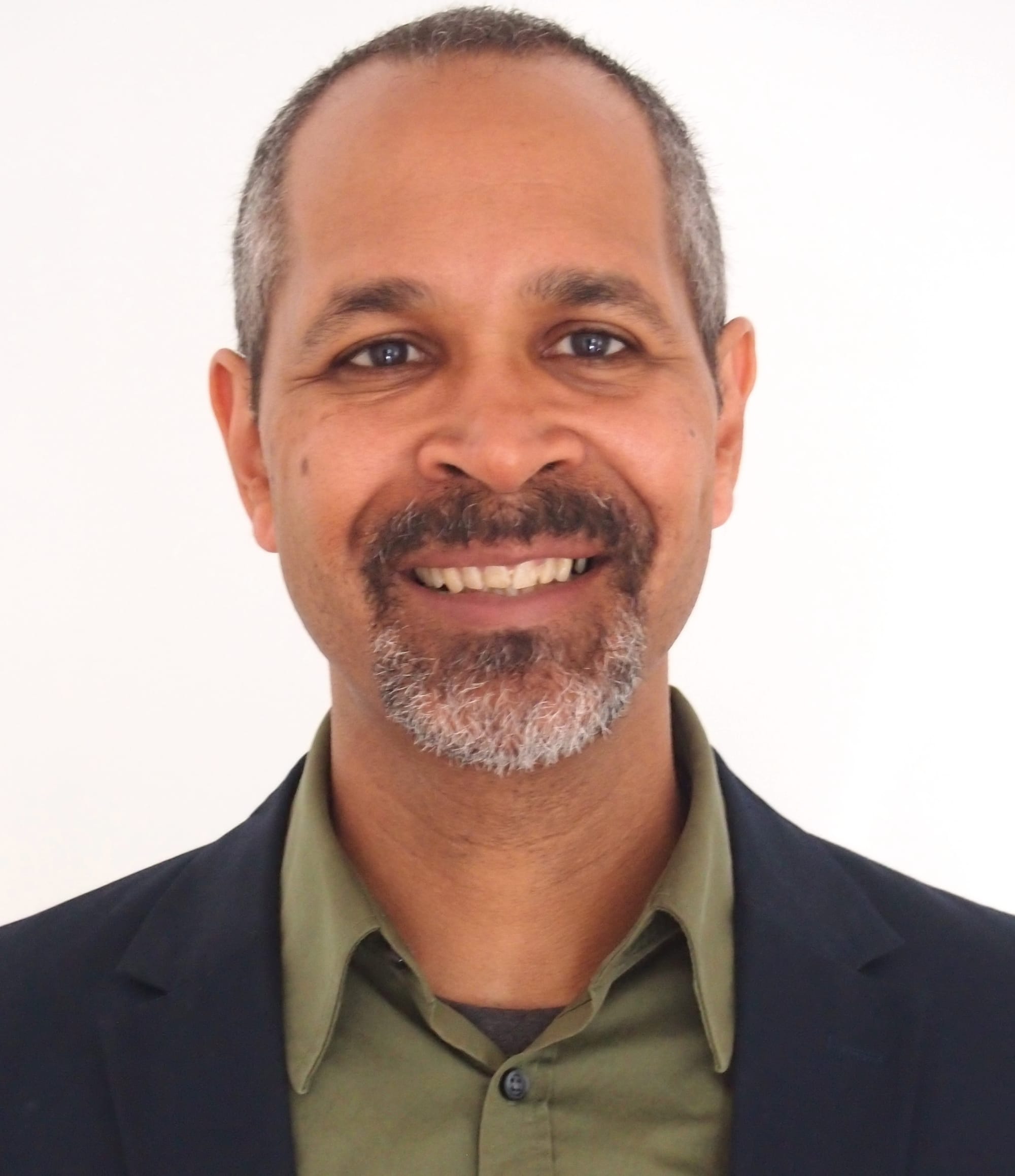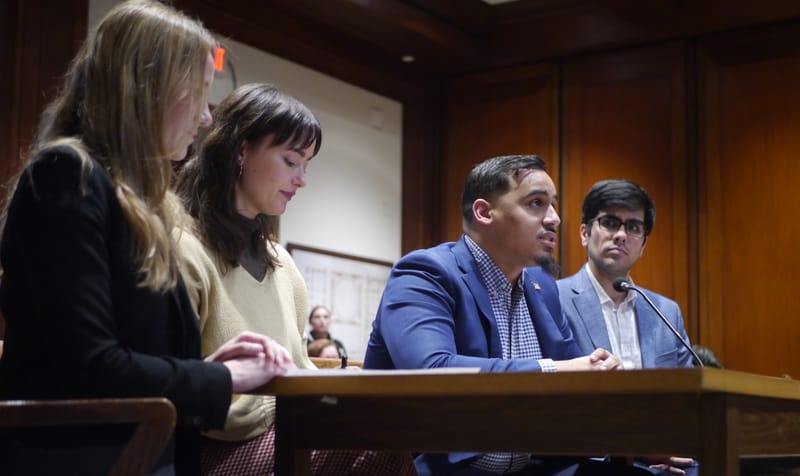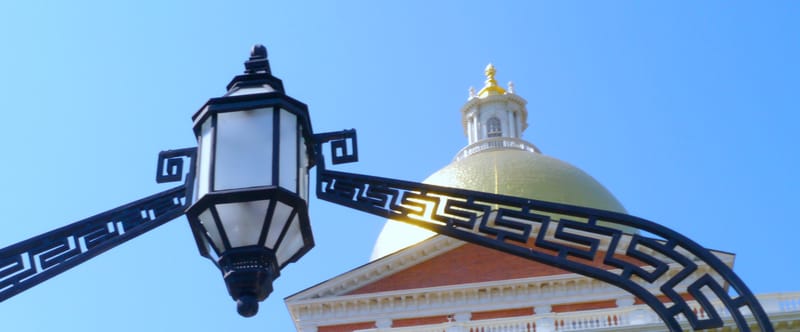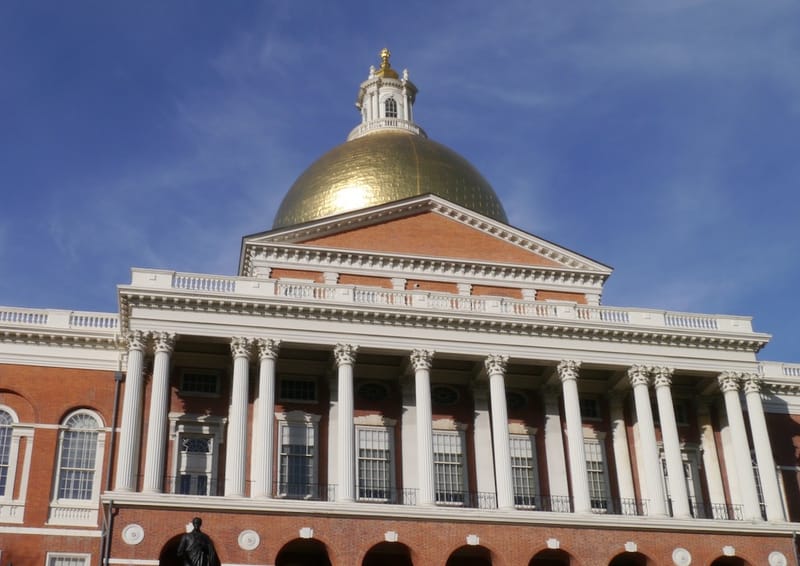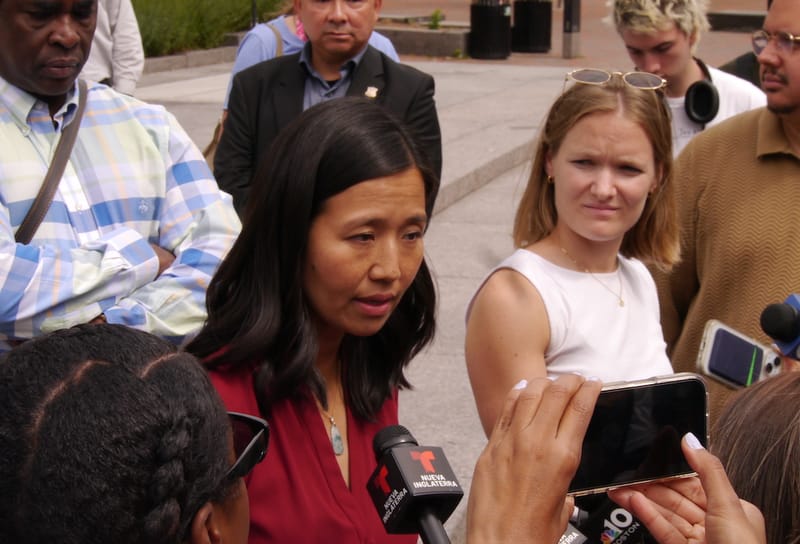Can Josh Kraft attract Black voters?
Black voters appear evenly split on approval for Mayor Michelle Wu. Can Josh Kraft exploit the community's tepid support for the incumbent?
During his February 4 campaign launch, held in Grove Hall, Josh Kraft was surrounded by a mostly-Black collection of supporters — a strong indication the 57-year-old philanthropist is making a play for support from the 72,000 registered Black voters in Boston.
While mayoral and at-large candidates from Thomas Menino’s 1993 mayoral election on have relied on a combination of Black, Latino and liberal white voters to win city-wide office, political activists say it’s almost impossible to guess which candidate in this year’s mayoral contest will win the Black vote.
An Emerson College poll of registered voters, released Feb. 27, found that Blacks are almost evenly split on support for Mayor Michelle Wu, with 30.9% approving of her performance as mayor and 30% disapproving.
In explaining the apparent split in support for Wu, activists point to the mayor’s record on issues of concern to Black voters.
“She is the more progressive candidate,” said Vanessa Snow, an activist with the Latino group Mijente. “However, she has gone back on a lot of the promises she made in her last campaign.”
In 2021, Wu and other progressive candidates backed police reforms, including eliminating the controversial Boston Regional Intelligence Center (BRIC), which shares information with federal law enforcement including Immigration and Customs Enforcement (ICE) and reducing funding for the department and re-investing that funding into crime prevention programs.
Her progressive stands on such issues, activists argue, helped her win support from Black and Latino voters in the 2021 mayoral campaign, in which she defeated a more conservative-leaning at-large Councilor Annissa Essaibi George.
But after taking office, Wu in 2023 increased funding for the BRIC and last year blocked the City Council’s modest cuts to police and fire departments. That budget battle, in which Wu vetoed $15 million in alterations the Council made to the city’s $4.6 billion budget was also widely seen as undermining the body’s expanded budgetary powers gained via a city-wide ballot measure which she supported while on the campaign trial.
Wu appears to have retreated from a substantial share of the progressive agenda that sold many Black, Latino and Asian American activists on her 2021 candidacy. Kraft says he would support a School Committee with elected and appointed members, a position Wu took on the campaign trail in 2021 but has since retreated from.
In his campaign kickoff, Kraft said Wu has failed to deliver on campaign promises of making the MBTA free, restoring rent control in Boston and her so-called Green New Deal program to construct new school buildings and modernize existing ones.
Kraft told supporters he would institute a form of rent control that would grant landlords a 20% break on their property taxes in exchange for their agreeing to limit rent increases over a ten-year period. He pledged to halt construction of new bike and bus lanes — drawing applause from the audience, expressed opposition to the Wu administration’s plans to lease White Stadium to a professional soccer team and criticized the Wu administration for not listening to constituents.
“The mayor has become less receptive and more and more disconnected from the communities, their feedback and their needs,” he said.
Kraft’s appeal may strike a chord with some in the Black community, where opposition has risen against many of the Wu administration’s initiatives — the Squares and Streets rezoning of commercial districts, the redesign of Blue Hill Avenue and Cummings Highway and the push to privatize White Stadium — as well as the top-down manner in which the initiatives are being rolled out.
“She’s on a mission,” says Louis Elisa, president of the Garrison Trotter Neighborhood Association. “But I’m not sure the mission serves as the public. From the Blue Hill Avenue redesign to White Stadium, her positions are not beneficial to the community. She’s tone deaf as it relates to the needs of the public.”
Kraft also hit Wu for what he says has been a housing market that has stagnated under her administration, claiming housing production has ground to a halt during her administration (the Wu administration claims more than 17,000 housing units have been built or started construction during her tenure and another 12,000 have been added to the pipeline). Kraft says he would roll back the city’s current inclusionary development requirement of 20% affordable units in new housing to 13% to help spur new development.
But even if Wu sees a decline in support from Black voters, it might not necessarily translate into increased support for Kraft. In the Feb. 27 Emerson poll, 39.9% of Black Voters said they would vote for Wu, versus 33% who said they would vote for Kraft. Among Latinos, support for Wu was even more lopsided, with 53.7% indicating they would vote for Wu and just 10.3% indicating support for Kraft. Despite Kraft leading Wu 39% to 37.4% among white voters, overall, the poll showed Wu leading Kraft with 43% of respondents likely to vote for her versus 29% likely to vote for Kraft.
Eric Adams coalition
Because Wu won the 2021 mayoral election with solid support from white liberal voters in neighborhoods such as Jamaica Plain, Roslindale and the South End, Kraft would almost certainly need to rely on voters in the more conservative corners of the city, such as South Boston and the Savin Hill and Neponset neighborhoods of Dorchester, in addition to the support he’s seeking from Black voters.
It’s a strategy that hasn’t yet been tried in Boston.
“The coalition I think he’s trying to go for is the Eric Adams coalition,” said Progressive Mass Policy Director Jonathan Cohen, referring to the embattled New York City mayor’s 2022 electoral win — which relied heavily on Black voters and conservative white voters.
Cohen says the strategy may not work in Boston.
“A lot of the conservative bastions of the city don’t have the power they once had,” he says. “It was enough to get Annissa [Essaibi George] through round one, but not enough to win.”
During the last mayoral election in 2021, Black, Latino and Asian political activists backed former City Councilor Kim Janey. Wu had burned bridges with communities of color while on the council after she backed conservative-leaning South Boston Councilor Bill Linehan’s 2014 bid for the Council presidency over that of former Councilor Ayanna Pressley.
While some voters in the city’s Black and Latino communities may agree with some of Kraft’s positions, that may not necessarily draw them to support him, says Armani White of the group Reclaim Roxbury.
“Reclaim Roxbury does a lot of civic engagement,” White said. “The top issues we hear is the need for more affordable housing and rent control.”
But White says Kraft’s plan may fall short of his community’s expectations.
“People understand the distinction between rent control and a tax break,” he said.
White said Kraft’s proposal to roll back the city’s inclusionary development policy to 13% could also deter support from Black voters.
“A lot of people in Roxbury are excited for there to be more affordable units,” he said.
It’s early in the race, with Kraft just beginning to stake out positions on issues. But Cohn cautions that Wu cannot take the traditional coalition of liberal whites and voters of color that has been the winning strategy for statewide office since the late Thomas Menino won the 1993 mayoral race.
“It’s a coalition that has worked for a number of elections, but it requires work to hold it together,” he said.


